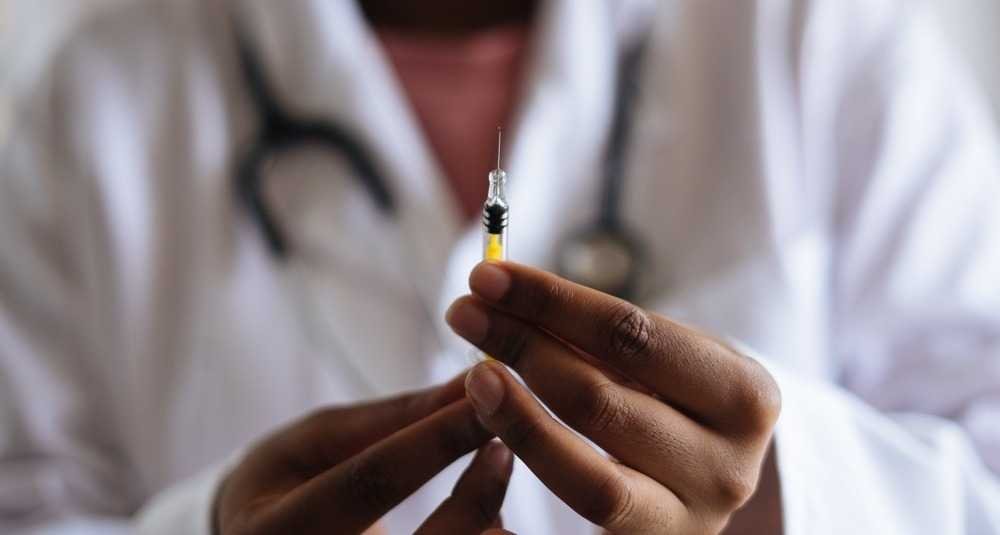
Will Taking Moderna Cause Myocarditis? Can Patients With a History of Heart Disease Get the Third Dose? Detailed Explanation of Vaccines and Myocarditis
As the country begins to receive the third dose of the vaccine, news of myocarditis caused by Moderna at home and abroad has once again attracted public attention. Does Moderna really cause myocarditis? What is myocarditis? Who is more likely to get myocarditis? Can people with a heart-related history get a third dose? Let this article explain it to you once and for all!
Vaccine-induced myocarditis, young men are at high risk
According to reports, as of the end of May 2021, a total of 177 million doses of BNT vaccine and 20 million doses of Moderna vaccine had been administered in the EU.
In the BNT section, there were 145 cases of myocarditis and 138 cases of pericarditis, while in the Modena section, there were 19 cases of myocarditis and 19 cases of pericarditis, with an estimated incidence of approximately 12.6 per million. . Most patients are young males (12 to 29 years old), 76% of cases occur after the second dose, and symptoms usually appear within 1 to 5 days after the second dose of vaccine.
What is myocarditis?
Myocarditis, as the name suggests, is an inflammation of the heart muscle. The myocardium is the heart tissue located between the endocardium and the pericardium. The pericardium is the outer layer of tissue covering the myocardium. Therefore, they are both part of the heart. Only the area of inflammation is different. , myocarditis may also occur simultaneously with pericardiitis.
When myocarditis occurs, patients usually have the following symptoms:
- Chest pain, chest pressure, or discomfort
- Palpitations (irregular, skipping, or fluttering heartbeat)
- Dizzy
- Difficulty breathing, rapid breathing
- Exercise intolerance (for example, walking a few steps makes you out of breath, climbing 1 to 2 flights of stairs makes you out of breath)

Virus attacking the heart is the main cause of myocarditis
There are many causes of myocarditis. The main reason is mostly viral infection. Bacterial and parasitic infections are relatively rare. Other causes include imbalance or abnormality of the body’s immune system. The academic community speculates that rare myocarditis caused by vaccines is caused by immune abnormalities. However, currently There is no clear medical explanation yet.
What should I do if myocarditis is suspected?
If the above symptoms occur within 1 to 2 weeks after receiving the COVID-19 vaccine, please seek medical treatment immediately and submit it to medical personnel for professional evaluation.
The prognosis for myocarditis is good and most patients can live a normal life
According to the U.S. Centers for Disease Control and Prevention, most patients who develop myocarditis due to vaccination recover well and usually recover quickly after receiving comprehensive treatment and return to normal life without persistent cardiac dysfunction. However, if you want to engage in high-intensity sports such as ball games and swimming, you still need to consult with a cardiologist first to plan a suitable exercise method based on the patient’s physical condition.
People with heart disease should consult a cardiologist before getting vaccinated
Although there is currently insufficient evidence to suggest that patients with a history of heart disease or cardiovascular disease are more likely to develop myocarditis or pericarditis after receiving the mRNA vaccine, if you have the following medical history:
- Inflammatory heart diseases such as myocarditis, pericarditis, endocarditis
- Acute rheumatic fever (acute type)
- Patients with dilated cardiomyopathy aged 12 to 29 years old
- Complex or severe congenital heart disease, including single ventricular (Fontan) circulation
- Acute decompensated heart failure
- Heart transplant patients
- Patients with coronary heart disease or those who have had myocardial infarction
It is recommended to consult a cardiologist before vaccination to understand the best time for vaccination and whether other preventive measures are recommended, and to return for a visit a few days after vaccination to diagnose and evaluate the physical condition.
If the heart is inflamed, it is recommended to postpone vaccination with the mRNA vaccine or consider vaccination with other vaccines, such as viral vector vaccine (AZ) or protein subunit vaccine.
Recommendations for the third dose of mRNA vaccine (Modena, BNT)
For people who are expected to receive the third dose of the mRNA vaccine and do not have the above-mentioned medical history, they can go for the vaccination according to the government instructions and pay close attention to their physical condition within 1 to 2 weeks after vaccination.
If you are a young man under 40 years old and have concerns about side effects such as myocarditis and pericarditis, the latest research report from the US Centers for Disease Control and Prevention in February 2022 points out that extending the interval between vaccine administration to 8 weeks can Effectively reduce the incidence of myocarditis and improve the overall protective power of the vaccine. The report focuses on the administration of the second dose, but still shows the impact of longer intervals on vaccine side effects. Therefore, people who are worried about myocarditis or pericarditis can discuss this with their doctor and consider extending the time for the additional dose.













